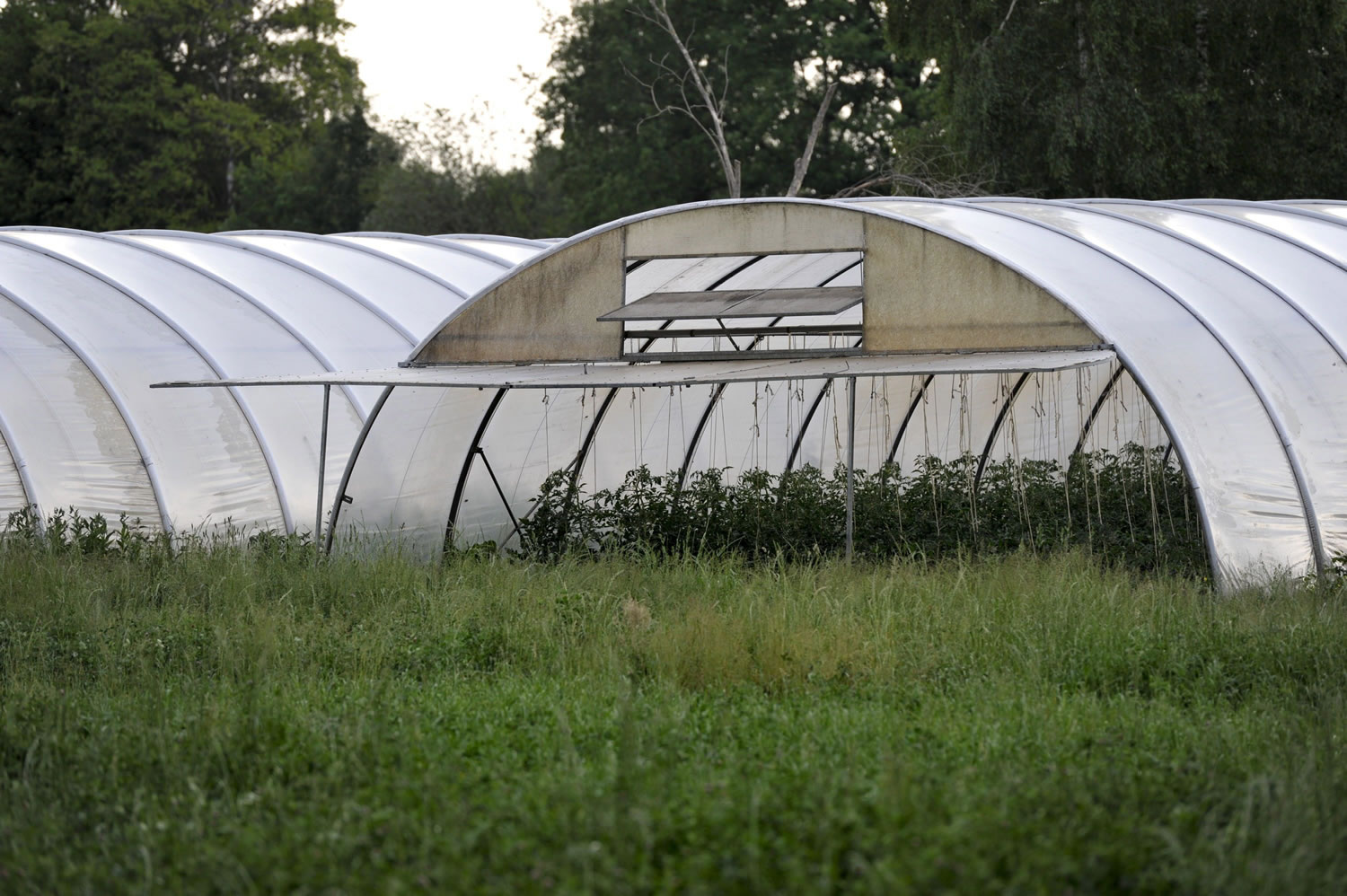HAMBURG, Germany — The terrifying E. coli outbreak in Europe appears to have been caused by vegetable sprouts grown on an organic farm in Germany, an agriculture official said Sunday as the toll climbed to at least 22 dead and more than 2,200 sickened.
Preliminary tests found that bean sprouts and other sprout varieties from the farm in the Uelzen area, between the northern cities of Hamburg and Hannover, could be traced to infections in five German states, Lower Saxony Agriculture Minister Gert Lindemann said.
“There were more and more indications in the last few hours that put the focus on this farm,” Lindemann said.
Many restaurants involved in what is now the deadliest known E. coli outbreak in modern history had received deliveries of the sprouts, which are often used in salads, Lindemann spokesman Gert Hahne said.
Definitive test results should be available today, Lindemann said.
In recent days, as health officials tried to pinpoint the source of the unusually lethal outbreak, suspicion fell on lettuce, cucumbers and tomatoes, perhaps from Spain. Spanish farmers complained that the accusations were having a devastating financial effect.
The farm was shut down Sunday and all its produce recalled, including fresh herbs, fruits, flowers and potatoes. Two of its employees were also infected with E. coli, Lindemann said. He said 18 different sprout mixtures from the farm were under suspicion, including sprouts of mung beans, broccoli, peas, chickpeas, garlic lentils and radishes.
As for how the sprouts became contaminated, Lindemann noted that they are grown with steam in barrels at 100 degrees Fahrenheit — an ideal environment for bacteria to multiply.
He said it is possible that the water was contaminated with E. coli or that the sprout seeds — purchased in Germany and other countries — contained the germ. He said the farmers had not used any manure, which is commonly spread on organic farms and has been known to cause E. coli outbreaks.



